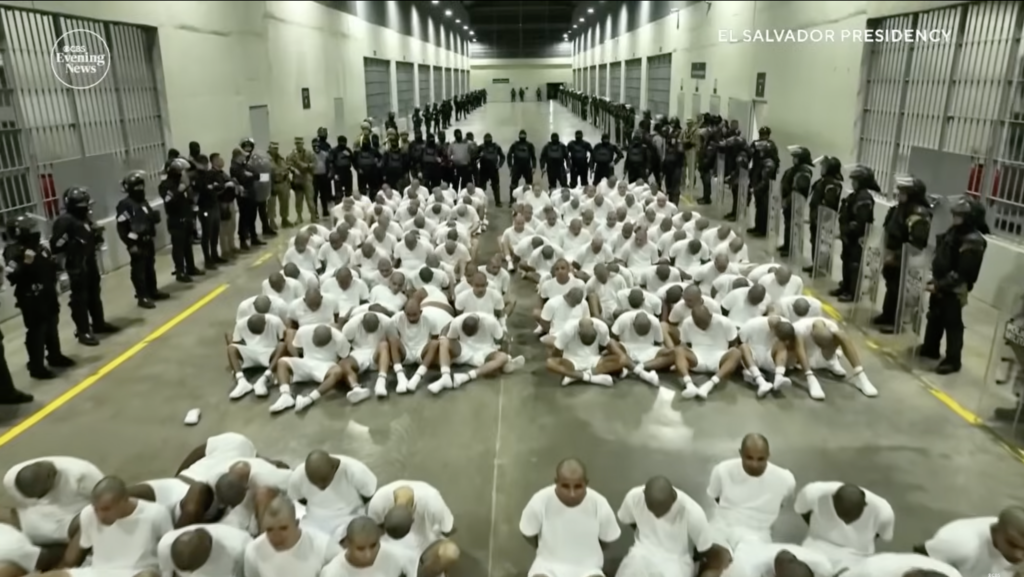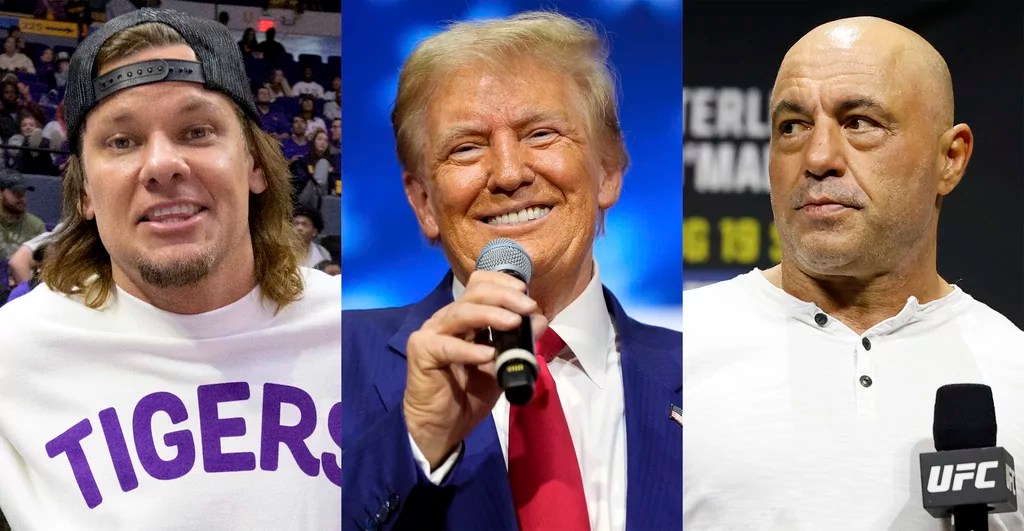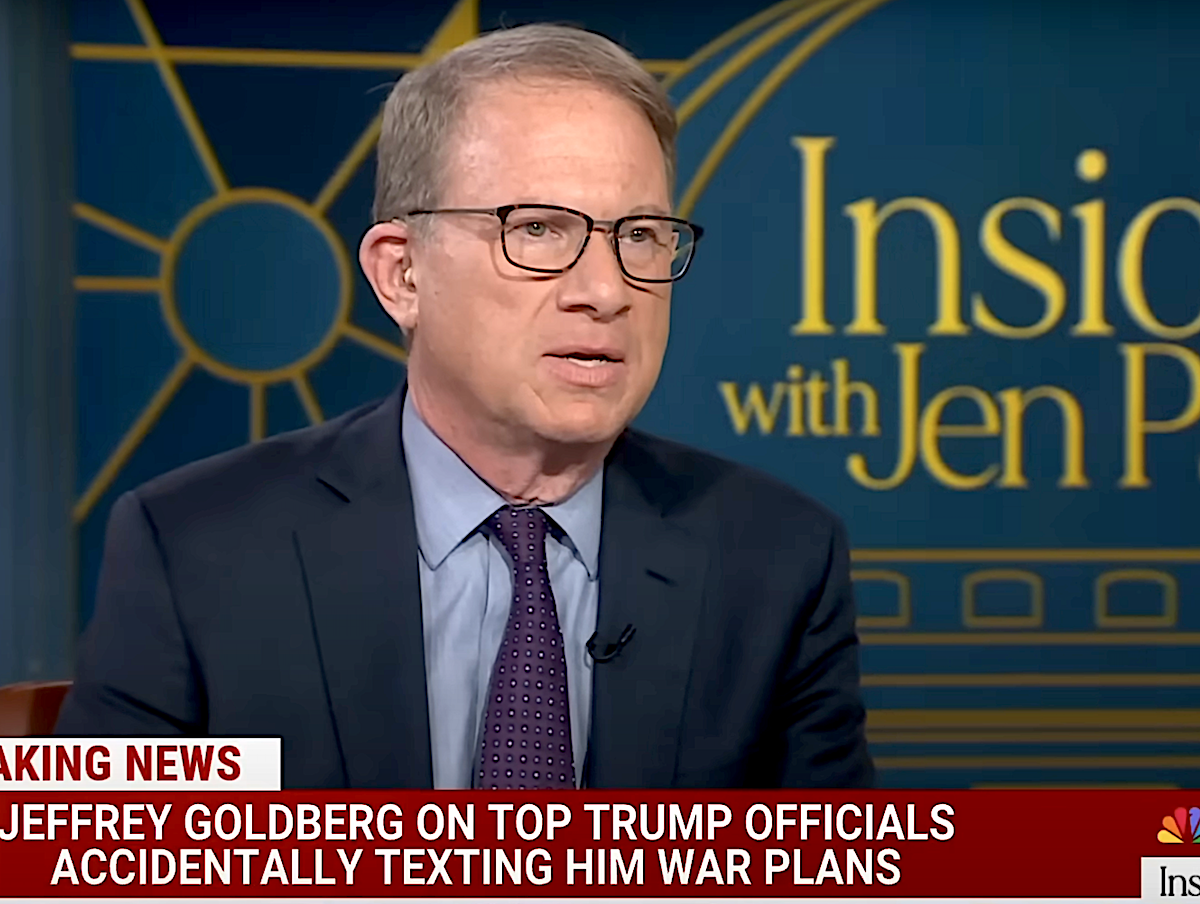Media once opposed Espionage Act, but changed after Trump’s charge.
The Espionage Act and the Media: A Changing Narrative
For years, mainstream media have been skeptical of the Espionage Act and its potential to give the government too much power. However, with former president Donald Trump now facing charges mostly stemming from the statute, the press has been surprisingly quiet.
Then: Even before national-secret-tellers Chelsea Manning, Edward Snowden, and Julian Assange were charged under the Espionage Act, journalists worried the law gave the government too much power.
Espionage Act ‘Makes Felons of Us All’? http://abcn.ws/fyaMcK
— ABC News (@ABC) December 13, 2010
Lawyer for Chelsea (formerly Bradley) Manning assails administration’s use of Espionage Act. http://t.co/ThXH1sCbr5
— POLITICO (@politico) April 14, 2014
Analysis: Want to end the war on whistleblowers? Revise the Espionage Act. https://t.co/BM4vv9o4RX
— The Washington Post (@washingtonpost) August 1, 2017
BREAKING: US Justice Dept. announces new charges against Julian Assange, including Espionage Act charges connected with publishing classified material, raising concerns about First Amendment limits and protections for publishing classified information – @KenDilanianNBC
— NBC News (@NBCNews) May 23, 2019
New York Times, “Assange Indicted Under Espionage Act, Raising First Amendment Issues”:
For most of American history, it was rare for the government to treat the leaking of its secrets to the news media as a crime. But starting in the second half of the George W. Bush administration and accelerating during the Obama administration, the Justice Department began making much more routine use of the Espionage Act to go after officials who provided information to the public through reporters, as opposed to actual spies. The World War I-era law criminalizes the disclosure of potentially damaging national security secrets to someone not authorized to receive them.
On its face, the Espionage Act could also be used to prosecute reporters who publish government secrets. But many legal scholars believe that prosecuting people for acts related to receiving and publishing information would violate the First Amendment.
After the Trump administration prosecuted leakers Reality Winner and Terry Albury under the Espionage Act, years of reporting ensued on the threat the law posed to dissidents.
NPR, “Once Reserved For Spies, Espionage Act Now Used Against Suspected Leakers”:
The Espionage Act never envisioned modern communications. Its critics call it antiquated; it was last amended more than a half-century ago.
CNN, “This Russia whistle-blower is serving 5 years in prison for leaking one document. Her mother says she’s being silenced”:
The government secured Winner’s conviction under the World War I-era Espionage Act, though prosecutors do not call her a spy, and in her plea agreement, government attorneys recognize that the document she leaked was sent to a news outlet rather than a foreign adversary.
CBS News, “Reality Winner and the Debate Over the Espionage Act”:
Winner’s conviction has added to a century-long controversy over the Espionage Act and its relationship to free speech.
Now: With Trump on the other side of the Espionage Act, many in the media seem to have lost interest in the constitutional implications.
How
Read More From Original Article Here: The Media Used To Hate the Espionage Act. That Was Before Trump Was Charged Under the Law.
" Conservative News Daily does not always share or support the views and opinions expressed here; they are just those of the writer."*As an Amazon Associate I earn from qualifying purchases





Now loading...